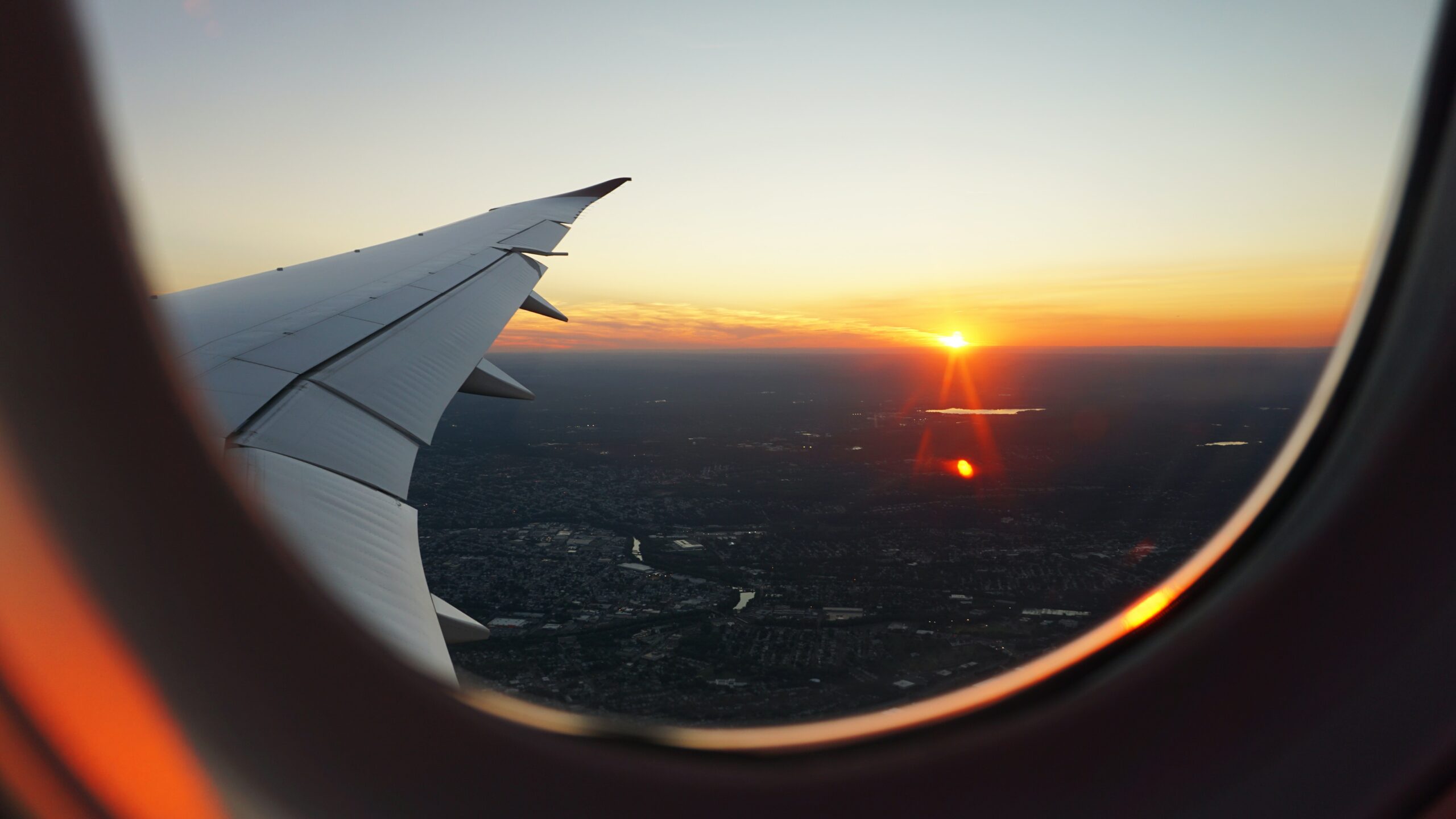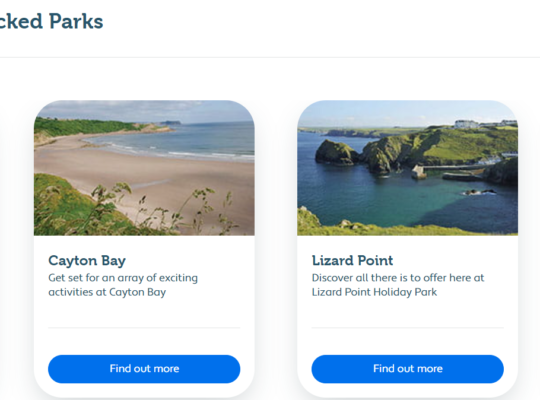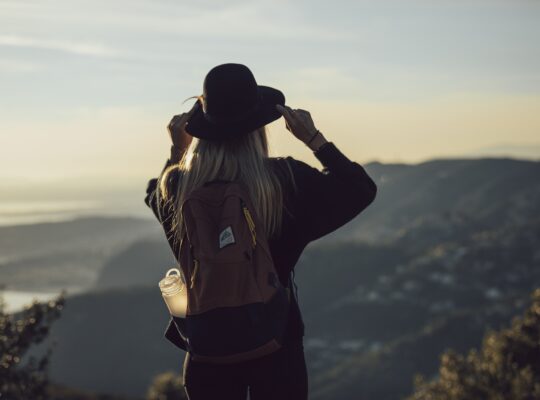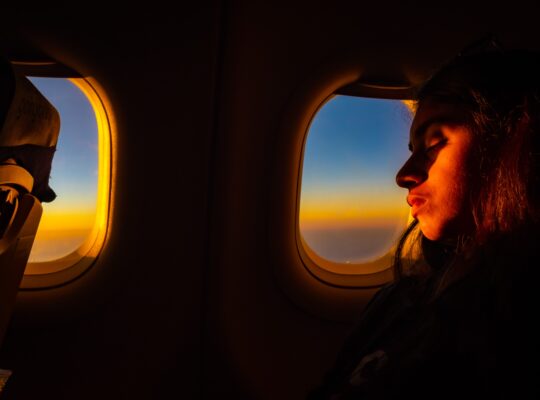If you’re like most people, the thought of traveling the world solo sounds daunting. After all, who has time for all that planning and paperwork? But believe it or not, it’s possible to travel the world solo and still be okay. In fact, there are a number of ways to do so that don’t require a lot of advance preparation. In this blog post, we will outline some of the best tips for traveling the world solo without feeling overwhelmed. From packing tips to budgeting tips, read on to learn everything you need to know in order to travel the world on your own terms.
Why travel solo?
When it comes to traveling the world solo, there are a few things to keep in mind. First and foremost, make sure you’re comfortable with traveling alone. Solo travel can be a rewarding experience if you’re prepared for it. Second, realize that not everyone will be friendly or helpful when you’re traveling solo. It’s important to do your research and build relationships with locals before you go so that you don’t feel alone or uncomfortable. Finally, remember that no matter how great the hospitality of locals may be, disasters can happen at any time – even in the most peaceful places. Be prepared for anything by packing essential survival gear and learning how to use it should something go wrong.
Tips for traveling the world alone
If you’re considering traveling the world alone, here are a few tips to help make the process smoother:
1. Do your research. There’s no need to travel unprepared – by doing some preliminary research ahead of time, you can figure out what’s required in order to get the most out of your trip. This includes learning about visas and other necessary paperwork, as well as researching language schools and other essential services that may be unavailable in certain areas.
2. Connect with locals. One of the best ways to get around without feeling lost is to connect with locals. By talking to them and getting their advice, you can easily navigate your surroundings and find things that interest you. Plus, if something does go wrong or you get sick while traveling solo, knowing someone nearby who speaks English can be a big advantage.
3. Make use of technology tools. If possible, take full advantage of modern technology tools like maps and apps that can help orient yourself and plan your trips more effectively. Additionally, consider packing a portable phone charger in case you run into any problems along the way – this will save you from having to spend extra money on pricey hotel charges or cab fares.
4. Pack lightly. When planning your trip, try to pack as lightly as possible – not only will this save you money on luggage costs, but it’ll also make packing much easier overall! Consider using backpacks instead of carrying lots of heavy luggage around – this will make travelling much
How to pack for a long trip
There are a few key things to remember when packing for a long trip: Pack light and small, don’t overpack, and always have a back-up plan.
1. Pack Light and Small
The first key to packing for a long trip is to pack light. You don’t want to be lugging around an extra bag or suitcase all the time, which will only add to your burden and exhaustion. Instead, try to stick to carrying only the essentials with you wherever you go. This means packing clothes that can be worn in multiple climates, sunglasses, sunscreen, snacks and water bottles, a travel journal or sketchbook, and any necessary medications or tools.
2. Don’t Overpack
Another common problem when traveling is overpacking. This can lead to not being able to find anything when you need it, as well as being weighed down by unnecessary baggage that becomes difficult to carry around. Try not to bring more than you need for the length of your trip and be especially mindful of what you pack in your luggage during check-in procedures – if there are specific items you need for your itinerary, make sure to include them in yourcarry-on bag!
3. Always Have a Back-Up Plan
No matter how prepared you think you are for any unforeseen circumstances that may arise on your travels – unexpected delays at airports or border crossings, losing or damaging essential items while travelling – always have a
How to budget for your trip
Budgeting for your trip can be a daunting task, but it’s important to take the time to do it correctly in order to avoid running into any costly surprises. Here are some tips on how to budget for your trip:
1. Plan Your Trip Around Your Budgeted Amounts
Don’t try and save money by going on a cheap trip that you won’t enjoy. Instead, plan your trip around the amount of money you have set aside for travel and don’t get caught up in the hype of trying to find the cheapest deal possible. This way, you’ll be able to maximize your enjoyment without feeling like you’re sacrificing anything.
2. Track Your Spending Effectively
Creating a spending tracker is one of the best ways to manage your finances while traveling. This will allow you to see where your money is going and help you make better decisions about where to cut back or spend more money. It will also help prevent any costly surprises down the road!
3. Try and Live BELOW YOUR BUDGETED EXPENSES
Hostels, Airbnb rentals, and other similar budget-friendly options can be a great way to get started when traveling independently. By finding these cheaper alternatives before hitting the expensive tourist traps, you’ll be able to keep costs low overall without sacrificing quality or service. Just remember to research any potential lodging options carefully before booking so that you know what kind of experience you’re getting and whether it’s worth the price tag.
What to do if you get lost
If you get lost, the best thing to do is to find a safe place to sit and relax for a while until you can figure out where you are. Try not to panic if this happens! There are many things that can happen in the world, and even if you’re lost for an extended period of time, it’s still possible to survive. Here are some tips on how to travel the world alone and be okay:
1. Make sure you have a map or at least a good idea of your location. If possible, try to take pictures of landmarks or other important features that will help you orient yourself when you get back home.
2. Try not to go too far off the beaten path. It’s better to stick close to populated areas and stay in well-traveled regions. This way, if something does go wrong, there’s a greater chance someone will find you sooner rather than later.
3. Learn basic survival skills if things start going bad. This includes knowing how to build fires, make shelter from rain or wind, find food and water, and avoid dangerous animals (especially wild animals). These skills can come in handy should anything happen during your travels that causes you trouble.
4. Have a backup plan in case things don’t work out as planned. This could mean having money saved up so that you can quickly head home or contacting friends or family members who may know where you are or be able to help locate you (
How to deal with anxiety while traveling
When traveling, there are a few things you can do to reduce your anxiety level:
1. Make a list of what you’re looking forward to while on your trip and stick to it. This will help take the focus off of everything that could go wrong.
2. Bring along some relaxation tools, like a book or meditation tape, and use them whenever you feel yourself starting to get stressed out.
3. Be prepared for potential emergencies. Have copies of your passport, driver’s license, and other identification documents ready in case something goes wrong during your trip.
4. Plan ahead for any possible boredom or loneliness. Try to find activities that interest you or make you feel comfortable in your surroundings.
5. Talk about your fears with someone before you leave home – it can help ease some of the anxiety associated with travel.
Conclusion
I hope that this article has provided you with some insights on how to travel the world alone and make the most of your travels. It can be daunting and intimidating to take on a solo journey, but by following these tips you will be able to enjoy every minute of your trip without feeling burdened or stressed. Remember: it is okay to feel scared or anxious at first, just trust yourself and stay calm. You are capable of doing this!









